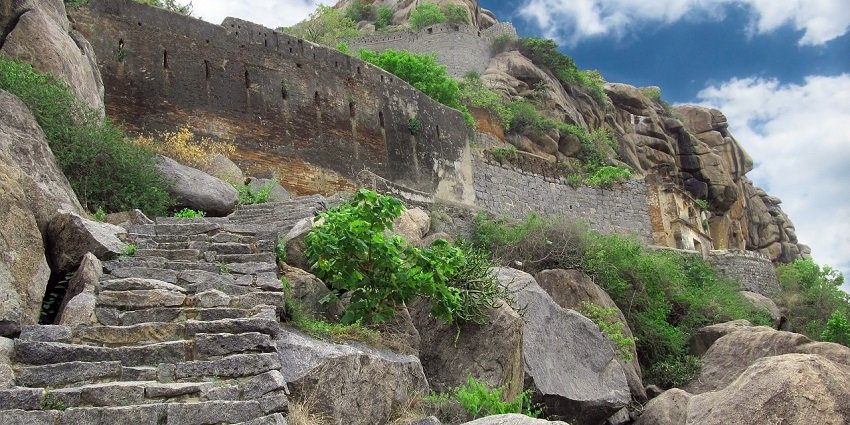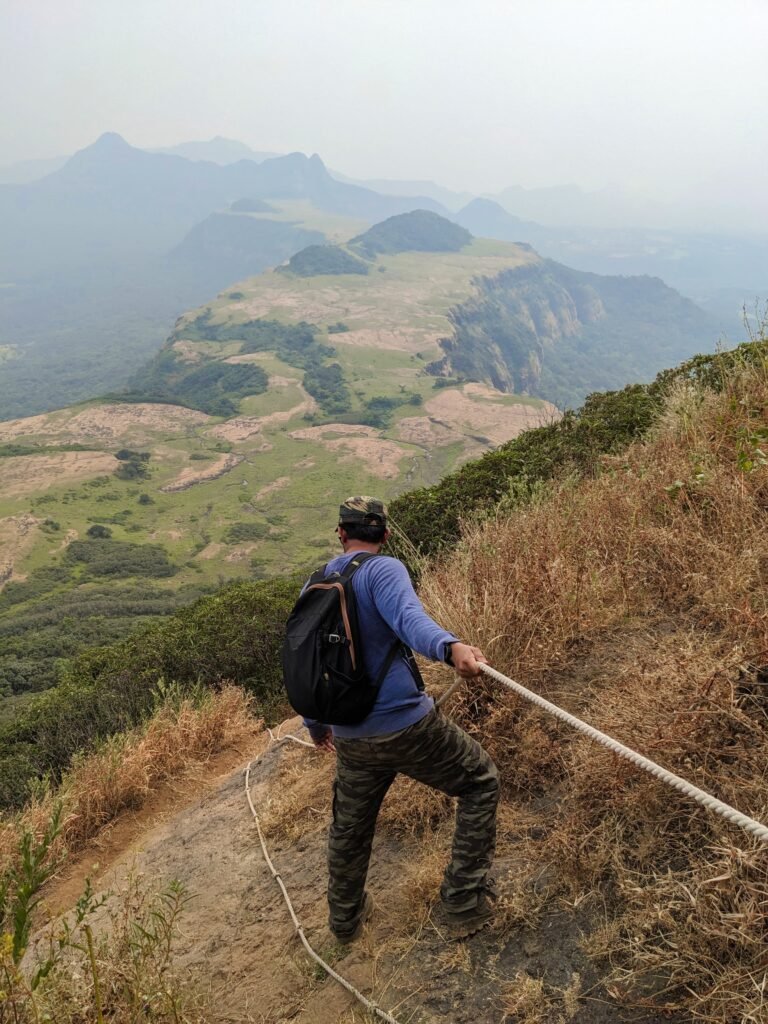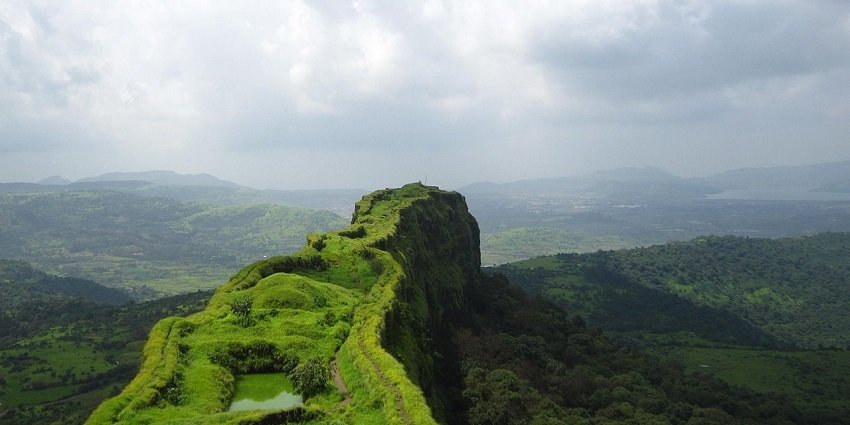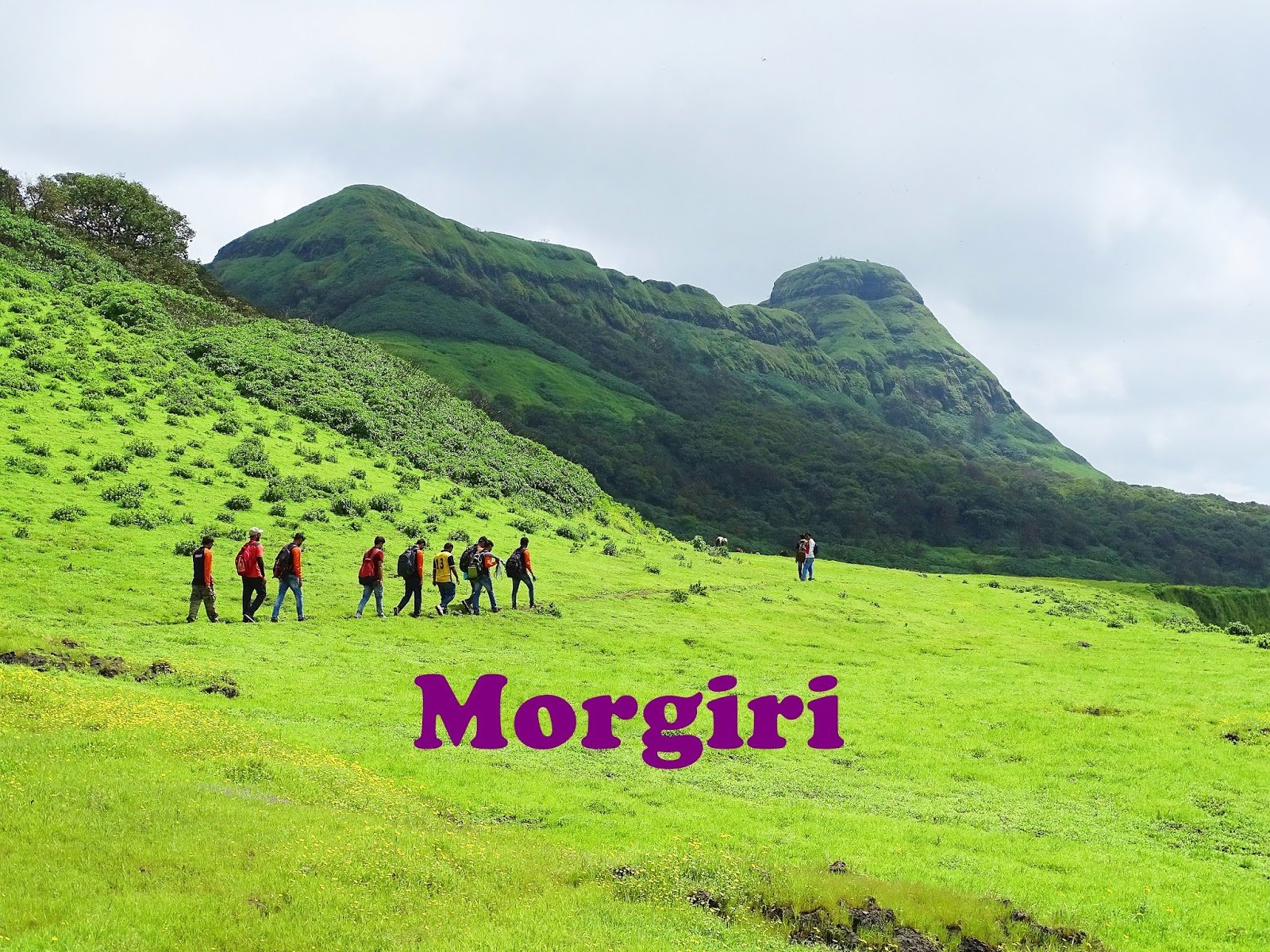A Whisper from the Hills
Morgiri is a quaint village situated in the green curls of the Western Ghats of Maharashtra. It is a place in which time moves along more as an easy stroll than a mad rush; a place that gently exhales through its aged trees, murmuring lullabies of yesteryears, while the earth remembers tales of top-secret hushed whispers. Morgiri is not only a village but also a beautiful living poem of peace and simplicity.
Why Morgiri Beckons the Wanderer
Somewhere, unnoticed, unspoilt, and simple, Morgiri stands its ground while travelers race towards more-admired destinations, glittering attractions, just an unsullied rhythm, to which many succumb. Peace in the rustle of leaves, joy from a villager’s smile, wonder untouched by human hands against a riot of colors-Morgiri figures not just as a place on the map; it stands for a feeling never expressed.
Echoes from a Bygone Era
Morgiri has its roots in the times when small kingdoms and tribes once thrived in different regions. Forcing their forts and temples to be built out of the stones offered to them by the land, over the ages, the Marathas walked on these paths and other dynasties, leaving behind whispers of valor and fragments of art, along with weathered walls standing sentinel to time. Thus, the village turns into a mosaic of different eras laid one on top of another and filled by myth and memory.
The Setting: Nature’s Handiwork
Morgiri is tucked in the Western Regions of Ghats with hush hordes of green hills and a forest of mist in its beauty. During monsoon seasons, the view from the streams glistens like scattered diamonds, and the beautiful roar of waterfalls is heard from afar. Valleys blush with emerald foliage, while the peaks boast sweeping vistas that seem to go on forever. Brightening on each dawn and folding the world into a golden hush on every dusk.
Seasons of Morgiri
- Monsoon (June–September): Skies pour torrential rainstorms that soak all leaves and fill each stream. The roar of waterfalls is as though the mountains sing with their own voice.
- Winter (October to February): This seems to be the best season to truly explore new areas with crisp, fresh air, cool mornings, and calm days.
- Summer (March-May): The sun sits heavily in the sky, drying up the earth; it’s best to take rest under shade while sipping sweet village tea.

The Soul of Morgiri: Culture and Tradition
The culture here lives in every heart and tune. When dusk descends, villagers gather around flickering fires to sing folk tunes that have wandered through generations. The elders narrate stories of valor, love, and the spirits of the hills while artisans knead clay and weave bamboo, crafting dreams with their hands. Morgiri’s culture isn’t something to perform; it is lived.
Festivals that Dance with Life
The harvest time transforms the village into a totally new place. The drums resound through the fields, and the twirling dancers have their dance under the stars. The smell emanating from the boiling grains and the fresh leaves mingles with the laughter-all very beautiful. Above that, it is said that down there, below the for, there are sacred tunnels; even still, elsewhere, there are divine keepers of the blessings that fell once over those mountains. Myths? Perhaps. But every tale adds deeper mystery to Morgiri.
Treasures to Behold
Morgiri Fort & Timeless Temples
That fort stands proudly over the village and looks down into valleys as well as meadows. Now, while the ascent is easy, at the summit, it unfurls itself in front of the onlooker as an endlessly stretching view of pure, unspoiled beauty. Weathered stones speak to the battles in ages long gone. Temples fashioned from basalt stand in peacefulness somewhere close, decorated with the grace of sculptures and courtyards where silence feels holy.
Nature’s Hidden Trails & Cascades
Monsoons rain life over the hills, and veils of waterfalls appear as if the heavens spilled light. Forest trails run between groves filled with birdsong and deer tracks. At every bend, another secret corner of the Morgiri wilderness unfolds.
Markets of Craft and Colour
Deep inside the village, these artisans bring the magic of earth into pottery, shape bamboo into art, and develop stories from the threads. Their creations, such as baskets and trinkets or hand-woven fabrics, are filled with human warmth. Buying things from them is not trade but preservation of tradition.
Flavours of Morgiri
Food in this place is simple yet so fulfilling. Bhakri served with spicy pitla and chutneys bursting with the flavors of fresh village greens. Roasted veggies and pulses give off a rustic smell with the open flame. Sip on roadside tea or munch on a crisp vada pav: each bite holds a memory of home.
Adventures Beneath the Open Sky
An undisturbed playground for all those who enjoy a quiet thrill. A much-to-be-expected union between over rocks, rugged trails, and overnight camping under starlit skies, the dawn breaking over misty ridges, a canvas for birders and photographers, and dreamers in various hues of green and gold.

Life as It Flows
They live on bread and butter, hearts wide open. They have farms to till the fertile soils. They spin and weave handlooms with patience. Children from this area walk dusty roads on their way to school, laughter echoing in the background. Solar lamps now provide a soft glow to homes, fusing tradition with modernity. Life here is at its unique pace-slow, steady, and sincere-but sure.
Reaching Morgiri
- By Car: A long scenic drive from Pune or nearby towns takes one straight into its bosom.
- By Train: The nearest railhead lies a little distance away, connected by local routes.
- By Air: The closest airport is in Pune, from where roads serpentine toward this secret lair.
Guidelines for Travelers
- You should bring water and light snacks on long walks.
- Good footwear is mandatory as the paths are rocky, and they are alive with stories.
- Dress modestly and in accordance with local customs.
- Carry your waste back and let nature remain untouched.
- Engage a village guide, whose maps cannot tell.

Denouement
Morgiri is not just a destination; it is a discovery, a holding of nature, culture, and memory. Here, each wind announces folklore, each stone hums an antique devotion. It gives what many chase yet few find: pure serenity. Walking through Morgiri is discovering stillness in a busy world; it means feeling lost and found to be under the same sky. For those who seek something more than mementoes with meaning, Morgiri awaits in treasure, hidden in plain sight.
FAQs
- Is Morgiri suitable for families and children?
Absolutely. The village is peaceful and welcoming, though one should remain cautious during treks. - Can visitors stay overnight?
Yes, cozy homestays and modest guesthouses provide genuine village hospitality. - How many days should one plan for Morgiri?
Two or three days allow enough time to explore its wonders unhurriedly. - Is hiring a guide necessary?
Strongly recommended. A local guide unveils paths and legends invisible to the untrained eye. - Is Morgiri crowded?
Not at all. It remains blissfully secluded, visited by only a few curious souls seeking silence.
Also Read: Enchanting Destinations: Tourist Places in India You Must Explore


